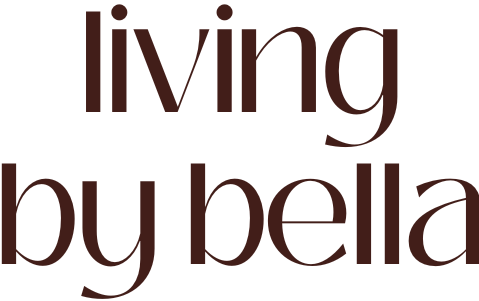Over the last weekend, my friend and I threw a get-together that got pretty wild, but right when the party began, we got into an argument. I realized, when explaining the reason I was so upset, that the anger I felt was entirely built up from similar situations.
Conflict is a powerful mirror that reflects our inner selves. Within the midst of disagreements and clashes lies an opportunity for self-discovery.
Finding Our Triggers
When faced with opposition, we feel angry and defensive: These emotional reactions serve as signposts, directing us toward areas that require further exploration. By understanding the root of these reactions, we gain insight into unresolved issues and unexamined beliefs, and we usually find things that have subconsciously upset us over time.
Our Communication Patterns
Our communication tendencies become apparent during conflict. Are we quick to defend ourselves? Do we avoid confrontation altogether? Conflict shines a light on our communication strengths and weaknesses, helping us understand how we treat those with different beliefs and how we listen.
Realizing Assumptions and Biases
Conflict often arises from differing viewpoints and assumptions. Exploring these discrepancies encourages us to confront our biases and preconceptions. By questioning the origin of our beliefs and considering alternative perspectives, we become more open-minded and able to engage in constructive dialogue.
Our Big Ego
Conflict can act as a mirror reflecting our ego’s role in interactions. Are we driven by a need to be right? Do we resist compromise to protect our self-image? Do we feel prideful, or that our opinions and beliefs should top others just because? Recognizing these ego-driven tendencies allows us to choose whether we want to be led by our ego or respond with humility and understanding.
Testing Our Emotional Intelligence
Emotions are central to conflict, making it a prime arena to develop emotional intelligence. By recognizing and managing our emotions amidst disagreements, we enhance our ability to empathize with others, regulate our own reactions, and navigate emotionally charged situations.
Embracing conflict as a teacher offers a unique perspective on personal growth. By acknowledging conflict’s potential to illuminate our emotions, communication patterns, biases, and ego-driven responses, we embark on a transformative journey of self-discovery. As we navigate the landscape of our inner world through the lens of conflict, we cultivate resilience, compassion, and self-awareness.
Remember this next time you have an argument or need to resolve a conflict. And since you’re friend is someone you care for and vice versa, take note of what is or has been bothering you, explain how it makes you feel, and politely offer a solution. It’s important to confront these things quickly and clearly, or else you’ll have a blowout from built up tension – and hopefully it doesn’t happen at a party either.







